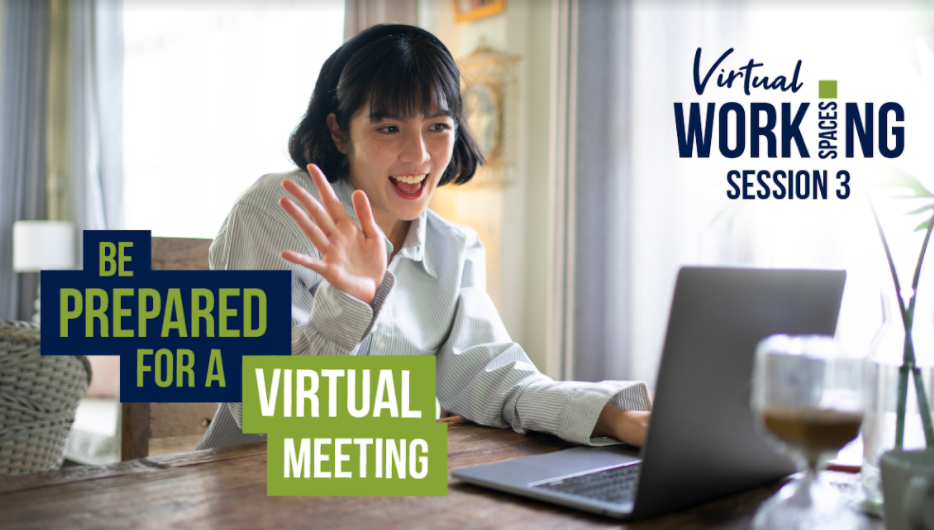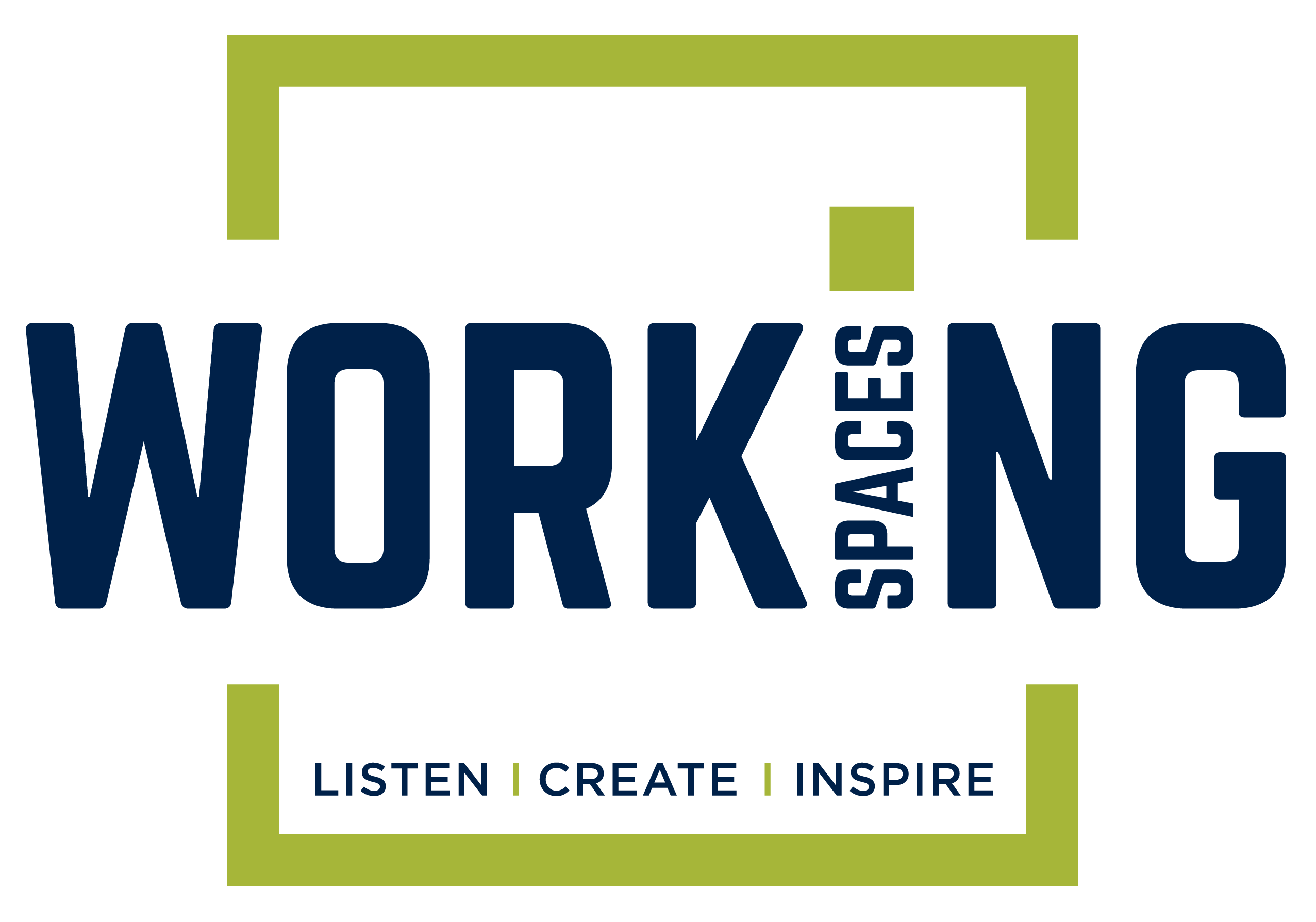Communication in a Virtual World: How to Prepare for a Virtual Meeting

THE KEY IS BEING PREPARED
While many are focusing on the technology and all that is new, they often overlook the most important thing. The most basic thing. Preparation.
In a virtual meeting, just like a face to face meeting, the most important thing is to be fully prepared. That means not being causal or downplaying its importance because you feel you can just listen and not participate. But take the time to plan. What’s the goal of the meeting? What do you want to get accomplished? How do you get your points across with the limitations of a two-dimensional virtual screen? You need to have a plan laid out and then stay on plan to keep everyone engaged.
IT STARTS WITH A DETAILED AGENDA
Prepare a detailed agenda before every meeting and share it with the team well in advance so they can prepare. Lay out every topic to be discussed. Include the specific action items to be addressed and the members of the team involved. This will allow each team member to prepare for the meeting and be ready to talk about their responsibilities and contributions. Call directly on the people and give them time to talk and make their point.
BE READY TO BE FOCUSED
It’s easy to get distracted during a virtual meeting, especially working from home. So really think ahead about the meeting. Be mentally prepared to focus and listen to what each person has to say. It may be hard to completely ignore unexpected distractions; a dog barking, a child crying or someone unexpectedly walking into the room. But you can control reading your email, having side chats or putting yourself on mute so you can work on a side project.
BE BRIEF. BE RIGHT. BE GONE
At the same time, if you want everyone to stay focused, you need to be brief and get to the point. Don’t waste people’s time. Just like any meeting, think ahead about who is going to be in the meeting, what their personalities are, what your goals are for the meeting, and how to work with those personalities to accomplish your goals. Then get to it. Make your point. Make it clear. Then wrap things up. If you develop a reputation for unorganized meetings and wasting people’s time, they will lose interest and be less engaged.
